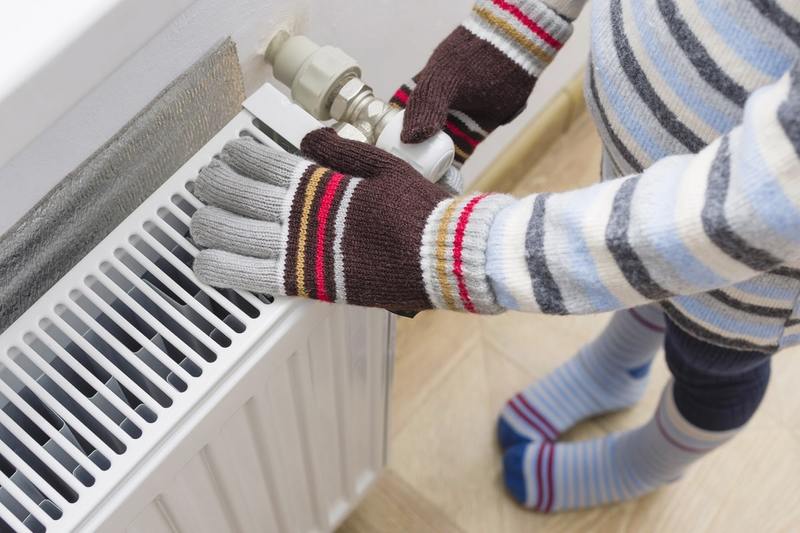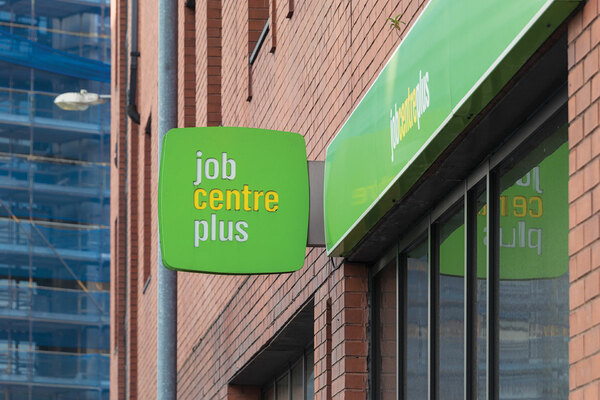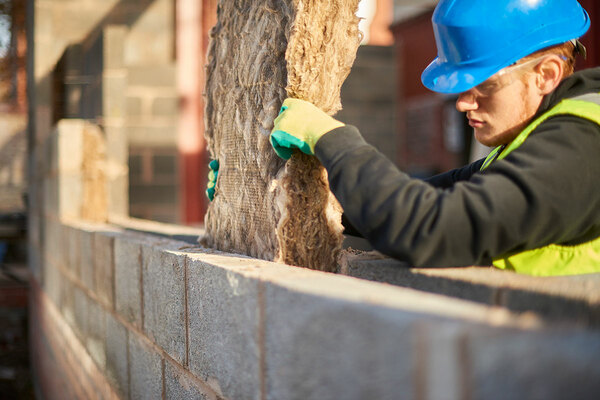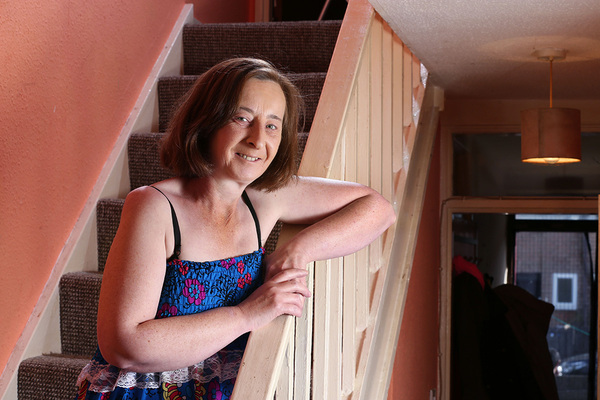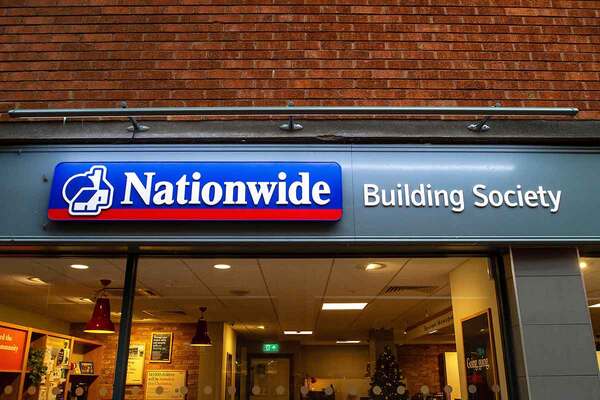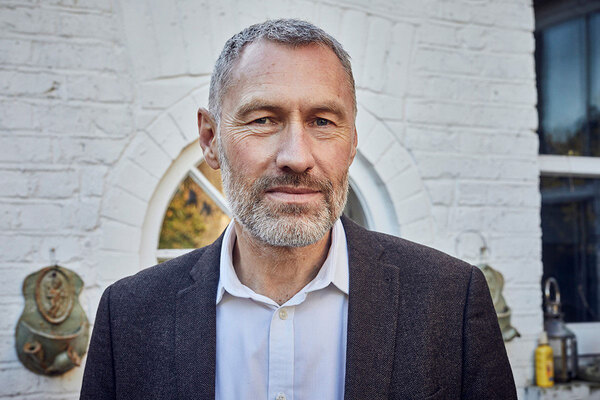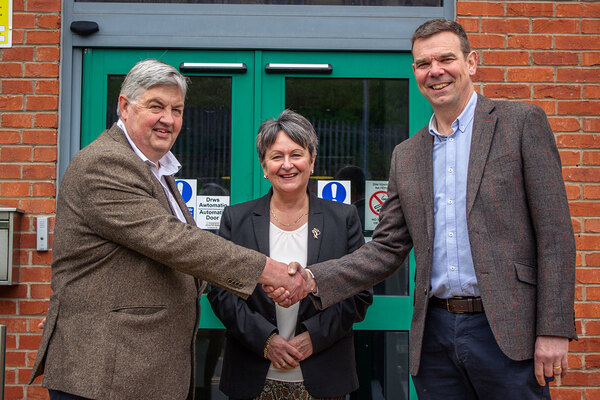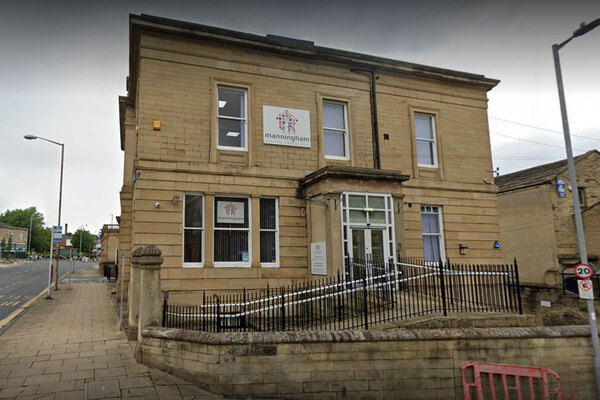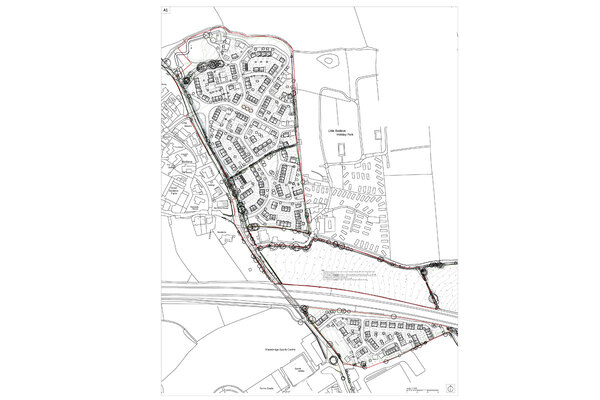You are viewing 1 of your 1 free articles
If the ‘perfect storm’ arrives, we need to be ready
There are millions of people in the UK in fuel poverty and they face a disastrous winter unless action is taken now. We’re urging government to introduce a one-off COVID-19 winter fuel payment of £300 to each household at risk, states Mark Henderson
While scientists can’t say with certainty whether there will be a second wave of coronavirus this winter, there’s empirical evidence to suggest if, or when, it does arrive it could have serious implications for millions of the most vulnerable in society.
The recent Academy of Medical Sciences Preparing for a challenging winter 2020/21 paper – commissioned by the Government Office for Science – notes that in homes where the temperature is less than 18°C, the virus will thrive. The impact this could have on those households in fuel poverty is very worrying.
Latest government figures state that 2.4 million households are in fuel poverty. With an average 2.4 people per household, close to six million people are suffering through fuel poverty in the UK.
For context, if any is needed, that’s equivalent to the population of Denmark, Finland or Norway. New analysis suggests that a further 200,000 people – two-thirds the population of Iceland – could fall into fuel poverty as the economy struggles to recover from lockdown.
Before the potentially ‘perfect storm’ arrives – cold homes, high winter fuel bills, reduced incomes and a virulent and unrelenting disease – we need to act.
“The 2020/2021 Warm Home Discount Scheme opens on 12 October, but how many housing associations know this? Let alone customers”
We, in our sector, need to do all that we can to limit the impact of this ‘perfect storm’ on our customers. In conjunction, we need to be working with the government and energy providers to the same end. We must also work with them and other organisations to ensure we significantly reduce the number of people in fuel poverty over the longer term.
I don’t think it’s unfair to say that what’s currently available to support those living in fuel poverty is in part well intentioned but in large part complex, confusing and poorly thought through.
For example, the Warm Home Discount is an honourable gesture: £140 applied to eligible customers fuel bills between October and April to help those with low incomes to avoid falling into fuel poverty.
However, while it’s applied automatically to 93% of those on pension credits, less than 10% of the broader eligibility group know that they are eligible. Also, not all energy providers offer it. Those who do offer a discount, have different timescales for it – some close it once they reach a certain limit.
It isn’t well explained and it certainly isn’t well publicised. The 2020/2021 Warm Home Discount Scheme opens on 12 October, but how many housing associations know this? Let alone customers.
The government’s well-meaning Winter Fuel Payment is between £100 and £300 for people over pensionable age, but payments go to anyone over pensionable age regardless of income or tax bracket.
This limited available resource is going to many who don’t need it. I’m sure Messrs Jagger, Richards, Sugar, Caine et al would happily it went to those in greater need.
Rectifying incorrect tariffs and installing smart meters are among the most effective ways to help those in fuel poverty.
But a recent survey showed that more than half of people are on costly tariffs and 49% said they have never switched or have only ever switched once. With Ofgem fining energy providers over £40m since 2010 for mis-sold tariffs, it’s no surprise that consumers don’t have confidence in them. The process is complex and the amount of jargon used is matched only by that you see in a legal document.
While smart meters help those in fuel poverty, there’s currently no way to prioritise vulnerable customers to ensure they are fitted with a new meter before others.
Standing charges have been non-essential since 2016, yet most providers still charge customers.
Before we admonish the government and energy providers and urge them to get their act together, it would seem prudent to ask ourselves what we in the sector are doing to help our customers already in, or in danger of falling into, fuel poverty.
At Home Group, we know there’s a lot more we need to be doing. Although we are certainly making inroads and have a planned set of activities to tackle the potential second wave this winter, as well as a plan for the longer term.
In the short term, we’re expanding our COVID-19 fund to cover winter fuel needs rather than just basics such as food.
We’ve ramped up the fuel poverty conversation with our customers and our financial inclusion team is providing effective tailored support. We’re supporting our customers with bill and meter issues, as well as helping them to find the best tariffs and signposting to further energy-saving home-improvement opportunities.
“The sooner we recognise that we are letting down some of the UK’s most vulnerable people, the sooner we can arrest this alarming situation”
In early autumn, we’re launching an extensive winter readiness campaign targeted at our most vulnerable customers. Over the long term, we’re working on a number of plans and projects which will help improve our customers’ health and well-being, as well as assist them in reducing their energy costs.
We’re bringing forward our bigger regeneration programmes to support the sustainability agenda, especially around efficiency. We’re in formal discussions with an innovative financial organisation about a new way to increase the speed of roll out of solar PV and associated batteries in social housing.
For some time, we’ve been pushing for an updated and much more effective Decent Homes Standard.
We know that if we are really going to make a significant difference, we need to do more.
We also know that we need to work with the government and energy providers to make the well-intentioned work better, to unravel the complexity and confusion and, crucially, ensure greater ownership and accountability.
We have a number of asks that in the short term we’re certain would alleviate the pressure on households and reduce the impact of this potential ‘perfect storm’.
We’ll be urging the government to introduce a one off COVID-19 winter fuel payment of £300 to each vulnerable household.
We’ll be urging energy providers to remove standing charges from the most vulnerable households with immediate effect. We’re also urging energy providers to ensure a customer known to be on a higher tariff be moved to a better tariff. Also for them to simplify the process and information around switching tariffs.
Over the longer term we’d like to see energy providers prioritise those in social and affordable homes as part of its program of switching to smart meters.
We want the government to work towards making the winter fuel payment means tested and extend the criteria beyond pensionable age to help the most vulnerable. We also want it to work with the sector and UK lenders so that innovative financing schemes can be delivered to increase the roll-out of commercial models of battery storage and rooftop solar panels, especially for social housing.
All of these asks can’t be delivered overnight. Some things can be done quickly, some will take longer. But the sooner we recognise that we are letting down some of the UK’s most vulnerable people, the sooner we can arrest this alarming situation.
It’s a situation which has been around for far too long; the number of people in fuel poverty isn’t slightly reducing, or stagnating even, it’s increasing.
Mark Henderson, chief executive, Home Group
Sign up for our daily newsletter
Already have an account? Click here to manage your newsletters
